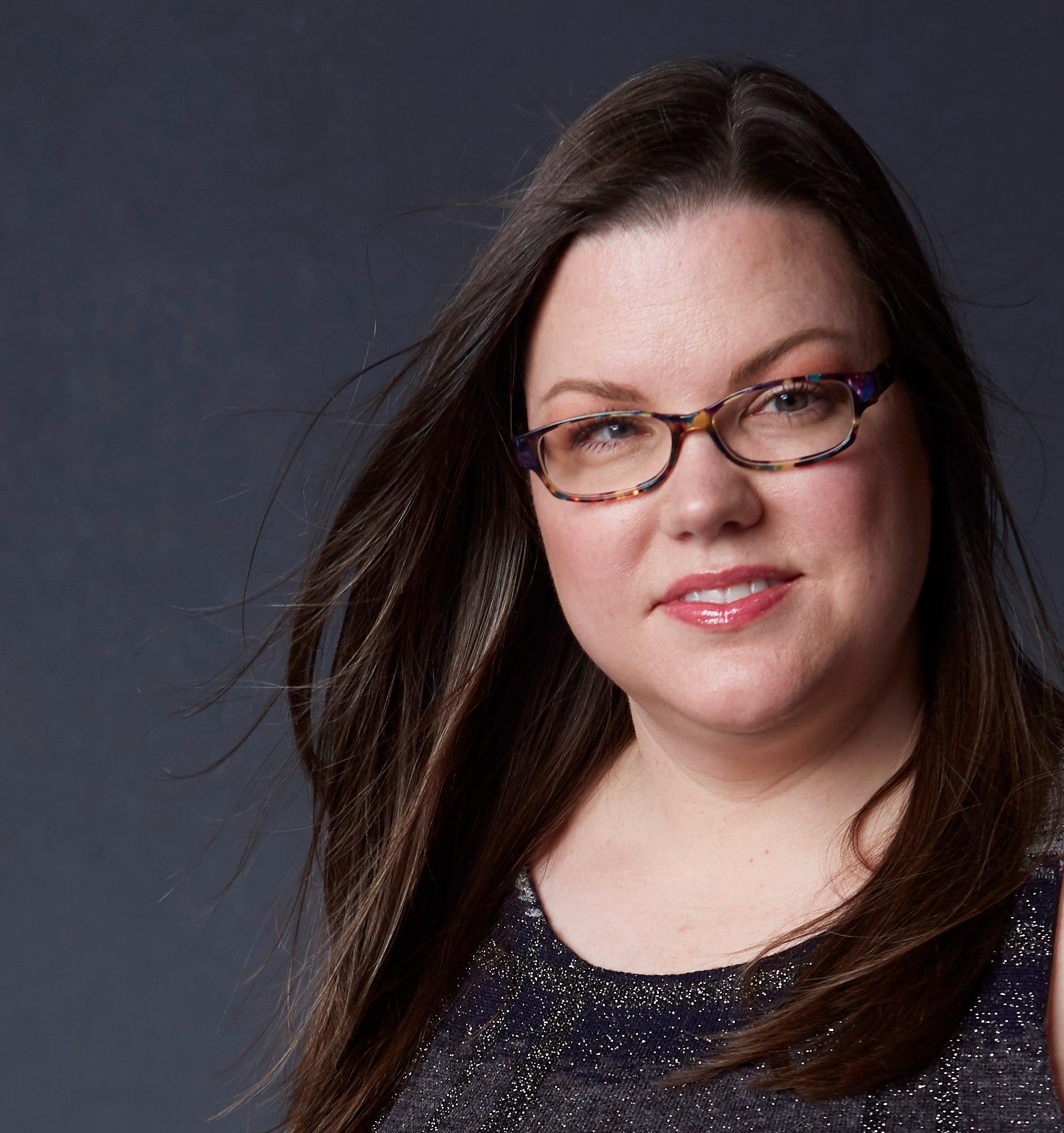You have booked the trip of a life time or just scored a cheap last-minute getaway, selected your seats and packed your bags, but what about travel insurance?
Many travellers don’t give travel insurance a second thought. Adding an additional cost to a trip is the last thing most travellers are willing to do, but should you?
Life is unexpected – in good and bad ways – and much can happen after your swipe your credit card and set your sights on your dream vacation. Before you risk your next trip, check out our travel insurance tips to determine whether to buy (or not to buy) travel insurance.
Types of travel insurance
“No one knows when they’ll need travel insurance”, said Phil Sylvester, Chief Content Manager and travel safety expert of insurance provider World Nomads. “It’s protection against the unknown, unplanned and unforeseen”.
- Trip cancellation insurance: The purpose of trip cancellation insurance is to protect your financial investment should your trip be canceled or interrupted. Trip cancellation insurance covers travellers who may have their trip cancelled or delayed and often includes coverage for additional situations, like lost luggage, trip delays, trip cancellation and trip interruption. Some trip cancellation insurance policies will cover your travel companion, too. NOTE: Trip cancellation typically does not cover war, terrorist attacks or natural disasters, but some policies may cover political unrest before or during your trip.
- International medical insurance: The purpose of international medical insurance provides travellers with emergency medical treatment and evacuation. Some plans may cover more, including injuries or illnesses that require treatment, but not necessarily medical evacuation.
“While some plans will crossover with one another, travellers will find that most plans are strong in one category”, said Joe Cortez, Travel Insurance and Safety Expert for About.com.
Travellers may find it easier and better value to purchase an all-in-one insurance plan. “It is possible to buy insurance for different aspects of travel — trip cancellation, emergency medical, etc. — but a comprehensive policy, which covers all of those things, will be cheaper, better (dealing with one provider for all types of claims) and saves you from running around to lots of different providers”, said Sylvester.
Who should buy travel insurance?
The short answer: potentially everyone who is going on a trip.
“Unless money is no object and you can pay for a emergency medical treatment overseas and are able to foot the bill for medical evacuation flights, then you need travel insurance”, said Sylvester.
Some travellers, like those travelling domestically on a solo trip, may be able to forgo insurance if their health insurance covers them abroad and if they book refundable airline tickets with airlines and websites and hotels that allow cancellation up until 24 hours before check-in. While you never know when a health issue might prevent you from travelling, you can do your best to stay healthy while travelling with these tips.
“Before buying, I encourage travellers to ask three questions: Where are you going? How long will you be there? What do you intend to do”? said Cortez. “Travellers who are taking short trips domestically may not necessarily need travel insurance, but those who are travelling to foreign countries for a week or longer will definitely want to consider purchasing a travel insurance plan”.
The following travellers are highly encouraged to consider travel insurance:
- People who are travelling abroad
- Travellers on an extended trip
- High-risk travellers, like the elderly
- People travelling with children
- Travellers engaging in adventure travel
- Travellers headed to remote areas
- Cruise ship passengers
- Travellers headed to third-world countries
When should a person buy travel insurance?
Before you buy travel insurance, consider where you are going, the length of the trip and if you are currently insured.
- Domestic travel: Travellers’ current health insurance may cover them for domestic trips, but they still should consider travel insurance in case of inclement weather or other unforeseen circumstances. “Travel insurance can be invaluable when travelling during inclement weather seasons”, said Cortez, who points out Singapore’s stormy season runs from November through February and typhoons that occur at the end of the year can ground aircraft in the Philippines. “A travel insurance policy can help travellers cover their expenses if their flights are grounded or delayed due to weather – both at home and abroad”.
- International trips: Health coverage in Singapore may not cover travellers during their trips. If a traveller were to get ill or injured while abroad, they may be forced to pay for all of their medical expenses out of pocket. More importantly, health care in other countries — especially the United States — can be very expensive, according to Cortez.
- Buy ASAP: It’s best to buy insurance as soon as you purchase plane tickets, book hotel rooms and tours. Be sure to read the fine print to know what is covered and what is not covered. Some insurance policies will cover you even if you get ill or injured before your trip and can’t travel, but others do not. “Once a traveller begins planning their trip, they should consider purchasing a travel insurance plan. More benefits, like ‘Cancel for Any Reason’, get unlocked the earlier you purchase a travel insurance policy”, said Cortez.
- Last resort – during the trip: It’s sometimes possible to purchase travel insurance during a trip, but it may cost more, and it may not cover all expenses. “Purchase travel insurance early. While the weather may be nice in Southeast Asia, it may not be the same at your destination”, said Cortez. “Those who wait to purchase a travel insurance plan until something bad happens (like a major storm) may not be covered for situations directly related to the original event”.
Why should a traveller buy travel insurance?
Travellers should consider buying travel insurance to protect their financial investment against unforeseen events.
“No one wants their plans for a big trip ruined by something they didn’t expect”, said Sylvester. “With travel insurance you can make sure you don’t lose out financially so you can get back on the road as soon as possible”.
“The most important reason to consider travel insurance is the cost savings in a worst-case scenario. Airline delays can force travellers to incur additional expenses they may not have considered, such as hotel rooms and meals, while injuries can force travellers to pay out of pocket for an air ambulance”, said Cortez.
Some things about travel insurance that people might not be aware of
- “You’re not automatically covered for everything”, said Sylvester. “There are limits and exclusions, so it’s best to read the policy documents before travelling”.
- “If you put yourself at unnecessary risk, you might not be covered”, said Sylvester. “Understand your policy and be sensible”.
- Some plans will cover you and your travel companion(s); others will not.
How to buy travel insurance
Before you buy travel insurance, check to see what coverage you may already have:
- Health insurance: Check if your public and/or private health insurance includes emergency and prescription coverage at your destination.
- Credit cards: Some credit cards include travel insurance, but make sure you read the conditions carefully. Some providers have strict rules on how much of your trip expenses must be paid for on the credit card to be eligible, so it can be difficult to prove to the hospital that a traveller has coverage.
- Homeowners insurance: Check to see if your homeowners insurance covers lost luggage or stolen or damaged belongings like camera gear.
Then, shop around. Most travel insurance can be purchased online from airlines, credit card companies, travel agencies and travel tour companies. Pricing is based on your destination and travel length. There are different levels of coverage, so choose a policy that covers what is important for you.
“I always recommend going through an independent travel insurance broker, and never purchase travel insurance from your travel provider”, said Cortez. “When going through the policies, consider what is most important to you: being covered for the inconveniences travel can provide, or having full medical coverage while abroad”.
Once you have found the best plan for you, read the fine print. If you don’t understand what the policy covers, ask questions before you buy the plan. Be sure you understand how the policy works and how to file claims.
Be sure to understand what a plan covers. For example: a travel insurance plan may cover trip delay, but in some cases a trip must be delayed by 12 hours for the insurance to take effect. Similarly, “while some plans offer coverage for hazardous activities, others may not”, said Cortez, who notes ‘hazardous activities’ like hot air ballooning may not be covered.
Travel insurance cost
The cost depends on where travellers are going and for how long. “Overall, travel insurance is very affordable”, said Cortez. “I recommend setting a budget of up to 10 percent of your total travel budget for travel insurance”.
Main image: iStockPhoto.com/Lorraine Boogich


